At rOpenSci, we create and curate software to help scientists with the data life cycle. These tools access, download, manage, and archive scientific data in open, reproducible ways. Early on, we realized this could only be a community effort. The variety of scientific data and workflows could only be tackled by drawing on contributions of scientists with field-specific expertise. With the community approach came challenges.
Are you thinking about submitting a package to rOpenSci’s open peer software review? Considering volunteering to review for the first time? Maybe you’re an experienced package author or reviewer and have ideas about how we can improve.
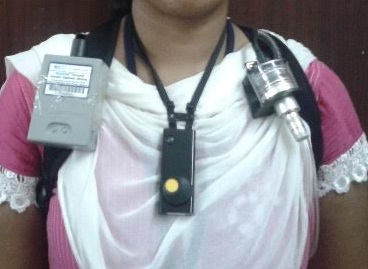
As you might remember from my blog post about ropenaq, I work as a data manager and statistician for an epidemiology project called CHAI for Cardio-vascular health effects of air pollution in Telangana, India. One of our interests in CHAI is determining exposure, and sources of exposure, to PM2.5 which are very small particles in the air that have diverse adverse health effects.

The package FedData has gone through software review and is now part of rOpenSci. FedData includes functions to automate downloading geospatial data available from several federated data sources (mainly sources maintained by the US Federal government). Currently, the package enables extraction from six datasets:The National Elevation Dataset (NED) digital elevation models (1 and 1/3 arc-second;
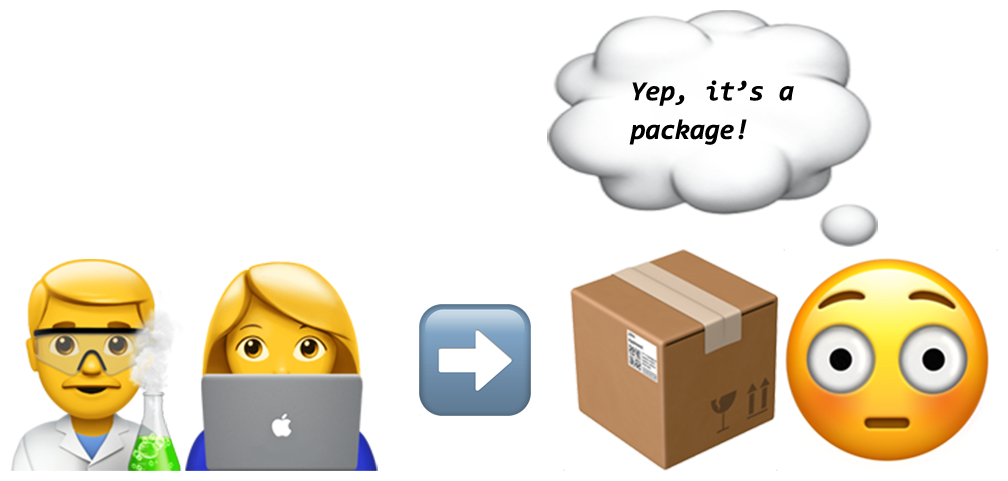
Contributing to an open-source community without contributing code is an oft-vaunted idea that can seem nebulous. Luckily, putting vague ideas into action is one of the strengths of the rOpenSci Community, and their package onboarding system offers a chance to do just that.
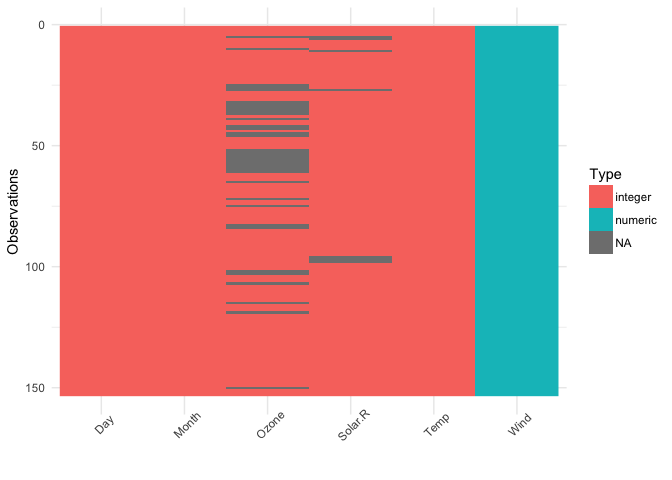
This is a phrase that comes up when you first get a dataset. It is also ambiguous. Does it mean to do some exploratory modelling? Or make some histograms, scatterplots, and boxplots? Is it both? Starting down either path, you often encounter the non-trivial growing pains of working with a new dataset.
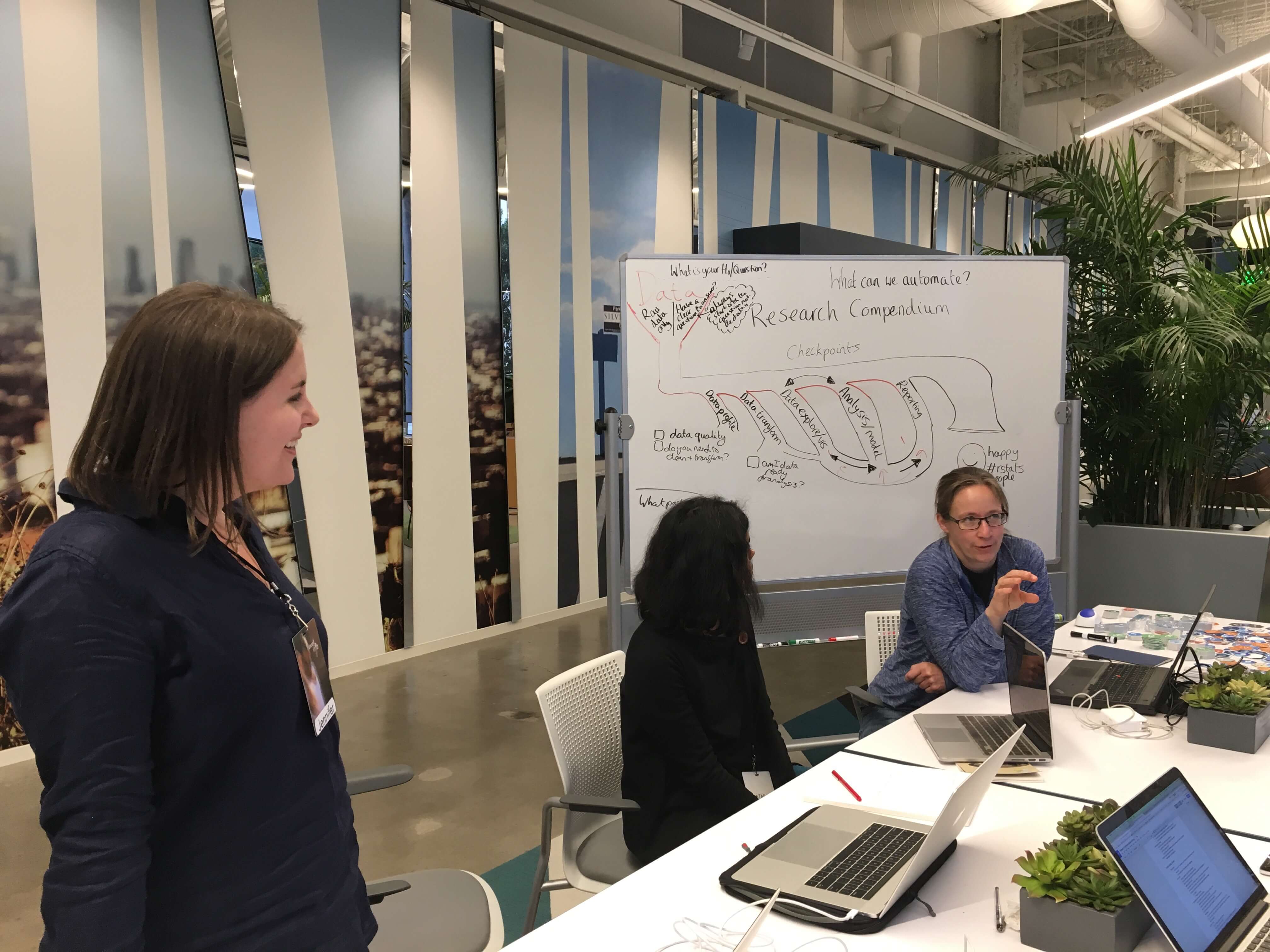
Two years ago at #runconf15, there was a great discussion about best practices for organizing R-based analysis projects that yielded a nice guidance document describing research compendia . Compendia, as we described them, were minimal products of reproducible research, using parts of R package structure to organize the inputs, analyses, and outputs of research projects.
Version 2.0 of my data set validation package assertr hit CRAN just this weekend. It has some pretty great improvements over version 1. For those new to the package, what follows is a short and new introduction. For those who are already using assertr, the text below will point out the improvements. I can (and have) go on and on about the treachery of messy/bad datasets.

Do you fancy open data, R, and breathing? Then you might be interested in ropenaq which provides access to open air quality data via OpenAQ! Also note that in French, R and air are homophones, therefore we French speakers can make puns like the one in the title.
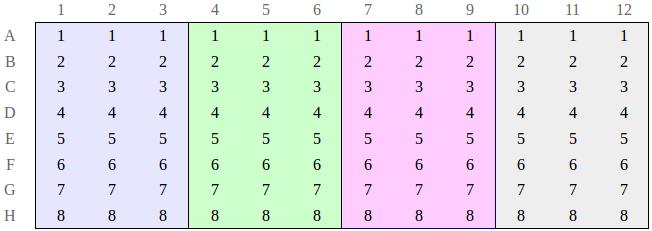
As a lab scientist, I do almost all of my experiments in microtiter plates. These tools are an efficient means of organizing many parallel experimental conditions. It’s not always easy, however, to translate between the physical plate and a useful data structure for analysis. My first attempts to solve this problem–nesting one ifelse call inside of the next to describe which well was which–were very unsatisfying.